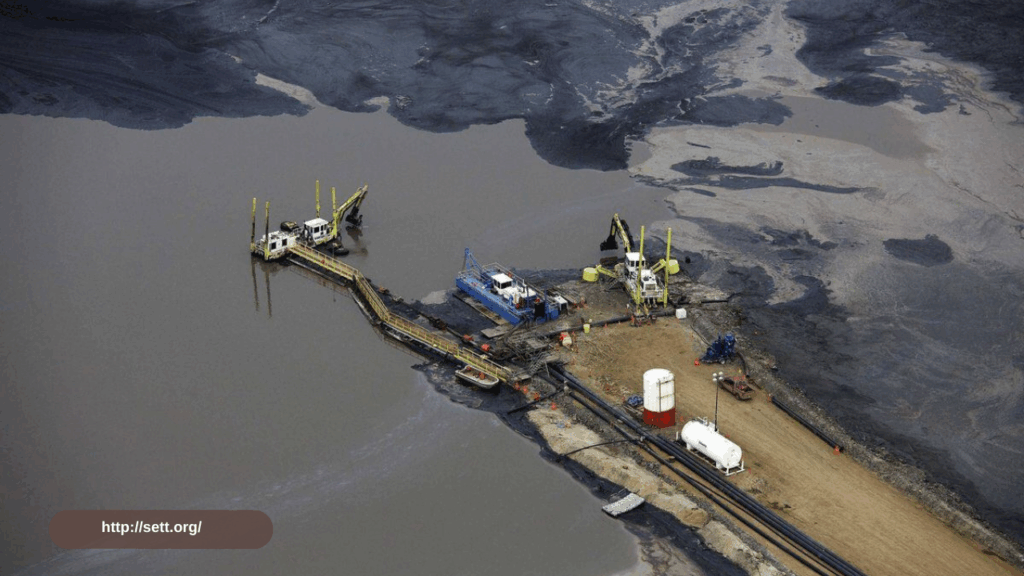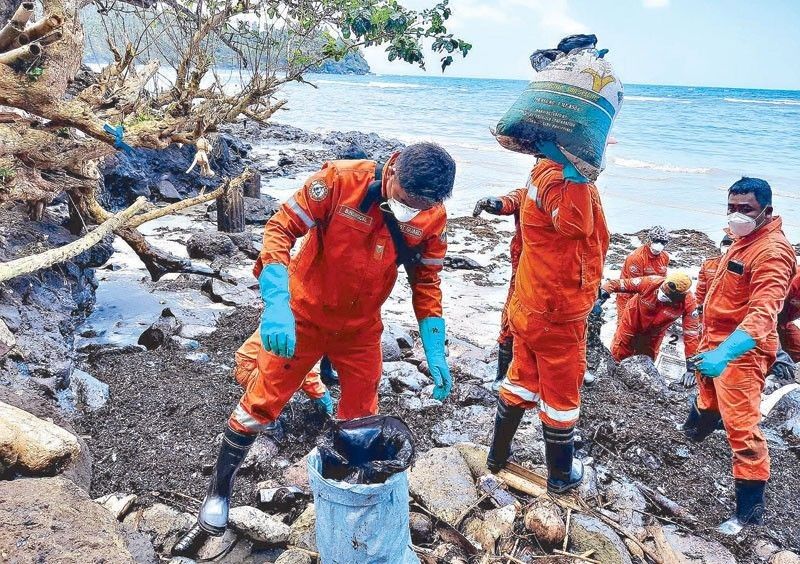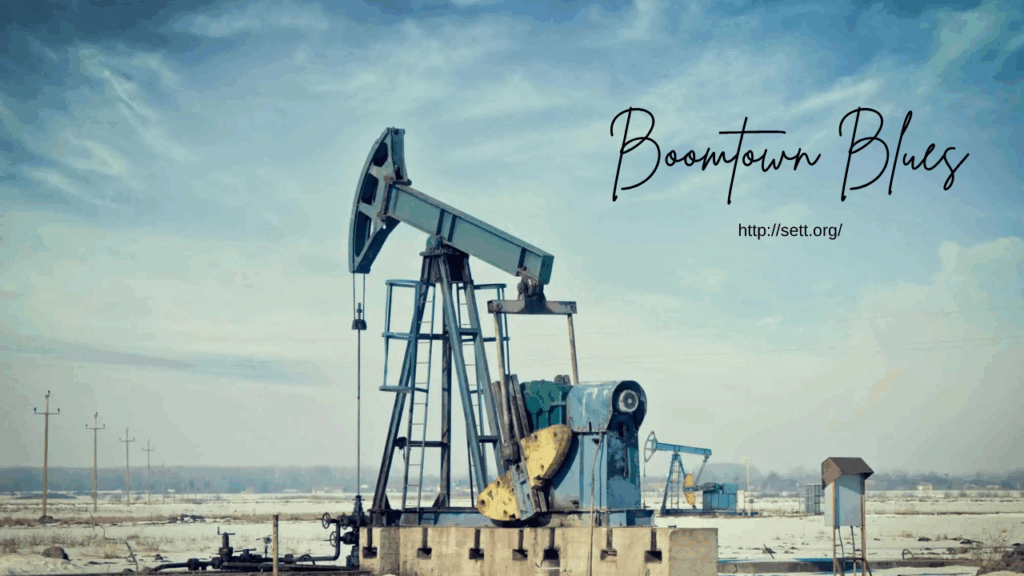
Communities built around the oil sands know the feeling of sudden prosperity followed by sharp decline. When oil prices soar, families experience financial security, steady work, and a sense of optimism. Yet, when markets collapse, towns can be left with unemployment, stress, and uncertainty. While the economic impacts are widely discussed, the personal and emotional costs often remain hidden. For individuals and families, dependency on the oil sands can create cycles of anxiety, addiction, and mental health struggles that ripple through entire communities.
The Hidden Toll of Boom and Bust
The oil sands industry creates opportunities but also instability. Workers often face long hours, isolation from family, and pressure to perform in demanding environments. During boom times, money may come quickly, but it often fuels unhealthy coping habits such as substance use, gambling, or neglecting mental health.
When the bust arrives, the challenges multiply. Job loss, financial stress, and a sudden lack of direction can lead to depression, anxiety, and increased reliance on drugs or alcohol. Families may struggle to maintain stability as the uncertainty wears down relationships and trust. This cycle shows that the true cost of oil sands dependency is not only economic but deeply personal.
Why Support Systems Matter
Addiction Recovery in Times of Uncertainty
Periods of instability are when the risk of addiction is at its highest. Structured recovery programs, whether inpatient or outpatient, offer safe and supportive environments for individuals to reclaim their lives. Addiction treatment is not just about stopping harmful behavior; it is about building long-term resilience and healthier ways to cope with stress.
Addressing Mental Health Head-On
Mental health care is essential when communities face economic swings. Counseling, therapy, and support groups provide practical tools to manage anxiety, depression, and trauma. By addressing mental health openly, individuals can break free from cycles of shame and isolation that often accompany job loss and financial strain.
The Value of Holistic and Faith-Based Care
True healing extends beyond treating symptoms. Holistic care recognizes the connection between mind, body, and spirit. Incorporating practices like mindfulness, nutrition, physical wellness, and spiritual reflection helps individuals find balance. Faith-based approaches add another layer of strength, offering hope and meaning when the future feels uncertain.
Building Resilience in Oil Sands Communities
Stay Connected
Isolation is one of the greatest risks during economic downturns. Building strong connections with peers, support groups, and community networks creates a safety net during difficult times.
Create Healthy Routines
Structure provides stability when external circumstances feel out of control. Daily routines that include self-care, exercise, or prayer help reduce stress and promote mental clarity.
Invest in Personal Growth
Learning new skills, exploring passions, and focusing on recovery can create a sense of progress even when the economy is unstable. Resilience is built not only by surviving the bust but by using it as an opportunity for personal transformation.
Choosing Healing Over Dependency
The prosperity of oil sands towns is never guaranteed, but personal healing and growth are always possible. While communities may rise and fall with the market, individuals can find lasting strength through recovery, holistic care, and a supportive network. The true cost of oil sands dependency does not have to define your future. With the right help, you can build a foundation of health and stability that no economic downturn can take away.
Take the First Step Today
If you or someone you love is struggling with addiction, stress, or the emotional weight of uncertainty, help is available. At [http://sett.org/], compassionate care is designed to meet you where you are, with inpatient, outpatient, holistic, and faith-based programs tailored to your unique needs. Reach out today and discover how healing can begin—even in times of change.

